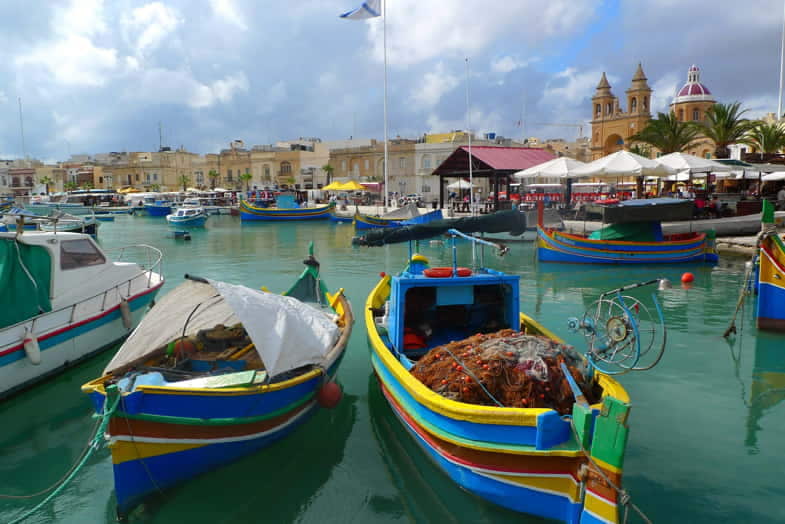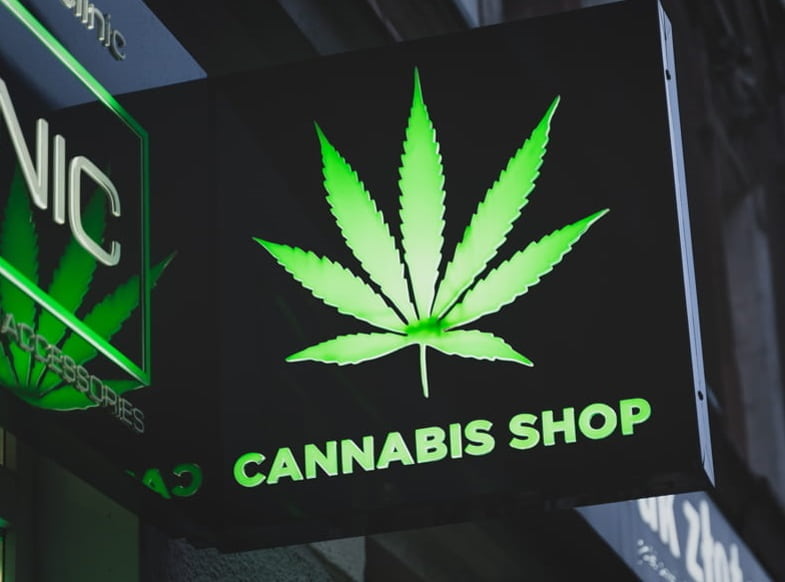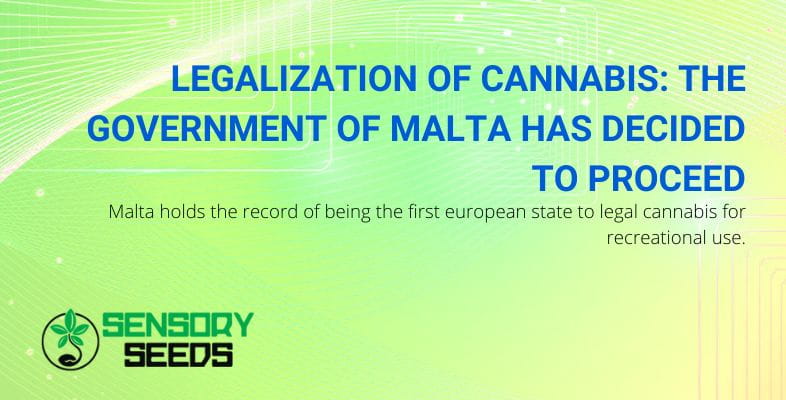Published on: 17/01/2023
Malta holds the record of being the first european state to legal cannabis for recreational use.
Malta is the first European country to legalize cannabis for recreational use, following the example of other states such as Canada, Mexico, Thailand and Uruguay.
According to Minister Owen Bonnici, promoter of the law on the responsible use of cannabis, the goal of the reform is the downsizing of the black market, the reduction of the workload of law enforcement and the possibility of generating tax revenues through its regulation and taxation.
In the following article we see in detail what the new Maltese legislation on cannabis provides.
Read also: Cannabis-like plants: a guide to marijuana’s ‘cousins’
The Maltese law on the responsible use of cannabis
With the law approved on 18 December 2021 (and the related Legal Notice n. 478 of 2021 which marked the birth of the Authority for the responsible use of cannabis), the Government of Malta has introduced an organic regulation into the law as far as pertains to the use of Cannabis.
Under the law under review, adults over the age of 18 can possess up to 7 grams of cannabis for personal consumption, grow up to 4 plants for home use and purchase small quantities from authorized dealers.
Furthermore, with this reform the possession of cannabis for self-consumption is decriminalized: whoever is caught in possession of more than 7 grams and up to a maximum of 28 grams incurs only administrative sanctions and no longer criminal ones; for people convicted before the entry into force of the legislation, the cancellation of this type of crime from the criminal record is envisaged.


The restrictions under the Maltese law on the legalization of cannabis for recreational use
In addition to the legal possession limit, the reform also introduces other limitations regarding the cultivation and purchase of cannabis. Let’s see them in more detail.
In fact, it is established that domestic cultivation is allowed up to a limit of 4 plants (which must not be visible from outside the house) and it is allowed to keep no more than 50 grams of dried inflorescences at home.
Therefore, despite the decriminalization of the possession and cultivation of cannabis for personal use, recreational use remains confined within the home or in authorized premises; consequently, its consumption in public places is not permitted.
Furthermore, it is permitted to cultivate for self-consumption only if there are no minors in the housing unit. This restriction was introduced to protect young people from the potential negative effects of cannabis use and to prevent cannabis use in public places, where it could be seen and imitated by others.
As regards, specifically, the purchase of cannabis, this is only permitted in small quantities and when it is made from non-profit retailers. Similar to Spanish social clubs, these associations are authorized to grow cannabis for their members, once they have obtained the recognition of the newly created Supervisory Authority (which is entrusted with the task of regulating the recreational use of cannabis).
In any case, these non-profit associations cannot however be set up and managed by companies, but only by natural persons and cannot have more than 500 members each.
Furthermore, they are not allowed to advertise their business or be located within 250 meters of educational establishments.
Finally, the quantity of this substance that can be purchased in these premises is limited to 7 grams per day and 50 grams per week (with a limitation on the monthly number of seeds that can be purchased, which cannot exceed 20 units).
Read also: Cannabichromene: all the properties of the ‘little brother of THC’
Legalization of cannabis in the Netherlands and Malta: what are the differences?
In Holland, the consumption of cannabis is legal only if carried out in small quantities, for personal use and in authorized premises; in fact, it is allowed to purchase it in coffee shops up to a maximum of 5 grams per day. In addition, home cultivation is also permitted up to a limit of 5 marijuana plants.


However, cultivation is prohibited and, therefore, pursued by law when it exceeds the permitted limits, the sale outside the coffee-shop or in quantities exceeding 5 grams and, more generally, the distribution and export of cannabis.
For this reason, the Dutch legislation does not provide for a real legalization of cannabis, but rather a policy of tolerance regarding its consumption, which is decriminalized with the aim of protecting the health of consumers.
The most obvious difference compared to the most recent Maltese legislation concerns not so much the legal limits on possession or domestic cultivation, but rather the way in which the premises used for the sale of cannabis are organized.
Maltese private clubs, in fact, can only sell to registered members, while coffee-shops are accessible to all.
The legalization of cannabis in Malta: in conclusion
We have seen how Malta was the first European country to legalize cannabis for recreational use, but it is still early to assess the effects of this reform on the Maltese population.
In general, legalizing cannabis for recreational use can generate significant tax revenues and relieve law enforcement, who can focus on more serious crimes. Furthermore, legalization could lead to greater availability of quality-controlled cannabis, reducing the health risks associated with its consumption.
On the other hand, by legalizing cannabis there is also the risk of increasing its consumption and, consequently, the possible negative effects on public health and, in particular, on the younger sections of the population, in the event that appropriate measures are not implemented for the prevention of excessive use of cannabis.
If you are passionate about the world of cannabis, we suggest you visit the Sensory Seeds shop: you will find a selection of the best cannabis seeds online.









